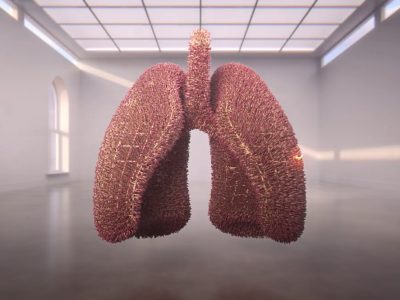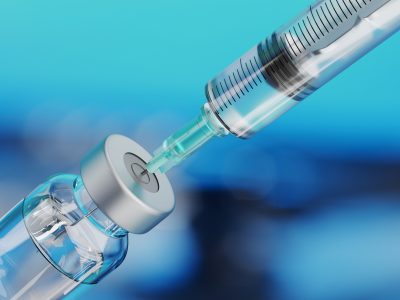Approximately 14.2 Million People in the U.S. are at High Risk for Lung Cancer and are Eligible for Screening
Lung cancer is a significant public health concern. In the United States alone, it is estimated that approximately 14.2 million individuals fall into the high-risk category for lung cancer and are eligible for screening. Early detection of lung cancer greatly increases the chances of successful treatment and improved outcomes. An initiative aimed at raising awareness about …


